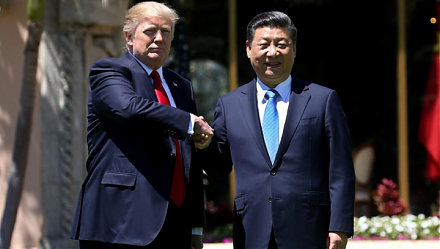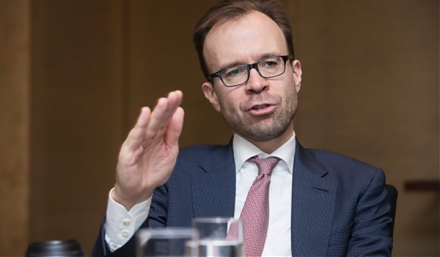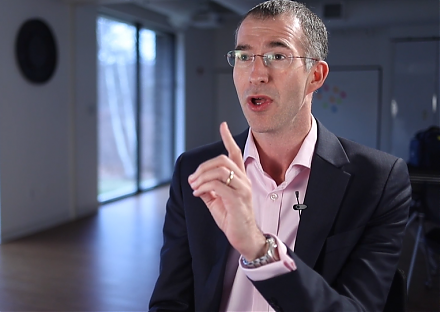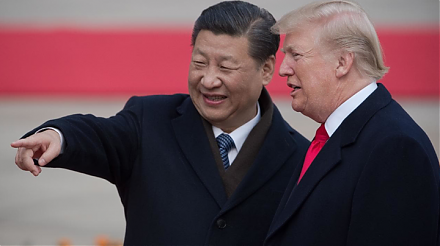

2018-03-02 12:34:00 Fri ET
technology antitrust competition bilateral trade free trade fair trade trade agreement trade surplus trade deficit multilateralism neoliberalism world trade organization regulation public utility current account compliance
White House top economic advisor Gary Cohn resigns due to his opposition to President Trump's recent protectionist decision on steel and aluminum tariffs. The steel and aluminum tariffs target Canada, Europe, Mexico, and China. Key western allies may receive interim exemptions on a case-by-case basis. Through the abrupt tariff tactic, President Trump seeks to dramatically reduce U.S. trade and budget deficits for better mid-term election results.
The former Goldman Sachs president had strongly opposed trade barriers such as tariffs, quotas, and even embargoes. Cohn serves as a steady man in the White House and tries to push President Trump away from some of his most aggressive instincts on trade. In fact, Cohn would prefer the U.S. to keep the North American Free Trade Agreement (NAFTA).
As a proponent of international free trade, Cohn would support the U.S. to join the Trans-Pacific Partnership (TPP). These international free trade movements reflect the collective wisdom of cross-border interests and efforts for fewer trade frictions. CNBC economic media commentator Larry Kudlow is likely to succeed Cohn as the Director of the National Economic Council. Kudlow tends to defend the Trump administration's gradual tariff tactics against China, Canada, Europe, and Mexico.
If any of our AYA Analytica financial health memos (FHM), blog posts, ebooks, newsletters, and notifications etc, or any other form of online content curation, involves potential copyright concerns, please feel free to contact us at service@ayafintech.network so that we can remove relevant content in response to any such request within a reasonable time frame.
2019-01-04 11:41:00 Friday ET

Chinese President Xi JingPing calls President Trump to reach Sino-American trade conflict resolution. Xi sends a congratulatory message to mark 40 years sin
2019-08-07 12:33:00 Wednesday ET

Conor McGregor learns a major money lesson from LeBron James. This lesson suggests that James spends about $1.5 million on his own body each year. The $1.5
2018-07-19 18:38:00 Thursday ET

Goldman Sachs chief economist Jan Hatzius proposes designing a new Financial Conditions Index (FCI) to be a weighted-average of interest rates, exchange rat
2020-06-10 10:35:00 Wednesday ET

Most lean enterprises should facilitate the dual transformation of both core assets with fresh cash flows and new growth options. Scott Anthony, Clark Gi
2018-04-02 07:33:00 Monday ET

China President Xi JinPing tries to ease trade tension between America and China in his presidential address at the annual Boao forum. In his vulnerable att
2020-03-12 09:32:00 Thursday ET

Google CEO Eric Schmidt and his co-authors show the innovative corporate culture and mission of the Internet search tech titan. Eric Schmidt, Jonathan Ro